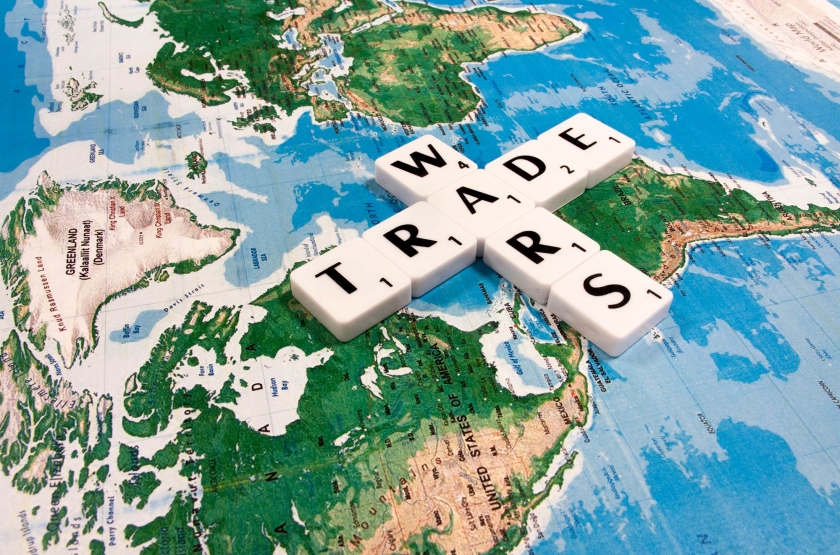Achieve bigger impact when going global
- Edward Ednilao
- June 14, 2016
- 24,374 views

Everyone is talking about mobile: how smartphones currently influence the social and business landscapes and how it will further develop and dominate our technology streams in the near future. Even as mobile has become a buzzword among industry specialists, left unanswered is the question of how the mobile revolution will benefit the translation industry. Where does mobile fit in with customers looking to translate company websites or social media posts?
The internet, along with social media, has already changed the way businesses work internationally, expanding the growth opportunities for companies who are going global. It has pushed (and allowed) businesses to operate internationally, adapt to market changes, and to connect with their customers at greater speed and with more frequency. Thus, in order to be efficient and effective in this new business environment, companies must be able to utilize internet applications in their day to day operations.
The power of the internet is why company website content such as news releases or special deals on products and services, positive reviews and awards, and other stand out features can help businesses gain traction among customers. Attention-grabbing or useful content like this can spread like wild fire through the network power of social media platforms like Facebook or Twitter, delivering instant exposure to the digital-savvy business.
Alas, the internet delivers speed but it also demands speed. Because the internet has sped up business processes and communication times, customers now expect instant turnaround and service. Therefore, business content now needs to be translated at the same level of speed and frequency in order to synchronize and maximize exposure internationally.
Stepes solution has been to shift the whole process of translation onto mobile. Mobile is agile and ubiquitous; we keep our phones on us at all times, check them frequently, and can respond to mobile alerts almost instantly. The exponentially increasing processing power of the smartphone has turned our pocket-sized communication devices into powerful computers that we can take on the go. Mobile translation harnesses this flexibility, speed, and ubiquity of our smartphone infrastructure to speed up and improve the quality of human translation.
For businesses, mobile translation ensures that their content can be used to connect to customers at the same expectancy in whatever language they are most comfortable.
For linguists, mobile translation means greater earnings and work flexibility. For example, mobile translation platform Stepes allows linguists to receive job notifications the moment a client sends a translation request. Moreover, linguists can translate the content directly from their smartphones. Whole websites can be translated in a few hours, blog posts within 30 minutes, and tweets in an instant – all ensuring that your campaigns, special offers and reviews can be shared in all languages and in tandem, increasing its impact on the market and on customer awareness. Everyone – linguists, businesses and customers – benefit from the resource sharing that mobile translation allows.
The vision of translators working on their smartphones is no longer a gimmick, but is instead now an essential process in keeping in line with the demands of digital and social media, as well as the translation turnaround speeds needed in order for businesses to create a bigger impact globally. With mobile translation we can finally approach the near-seamless global communication between people, no matter which language they speak.











